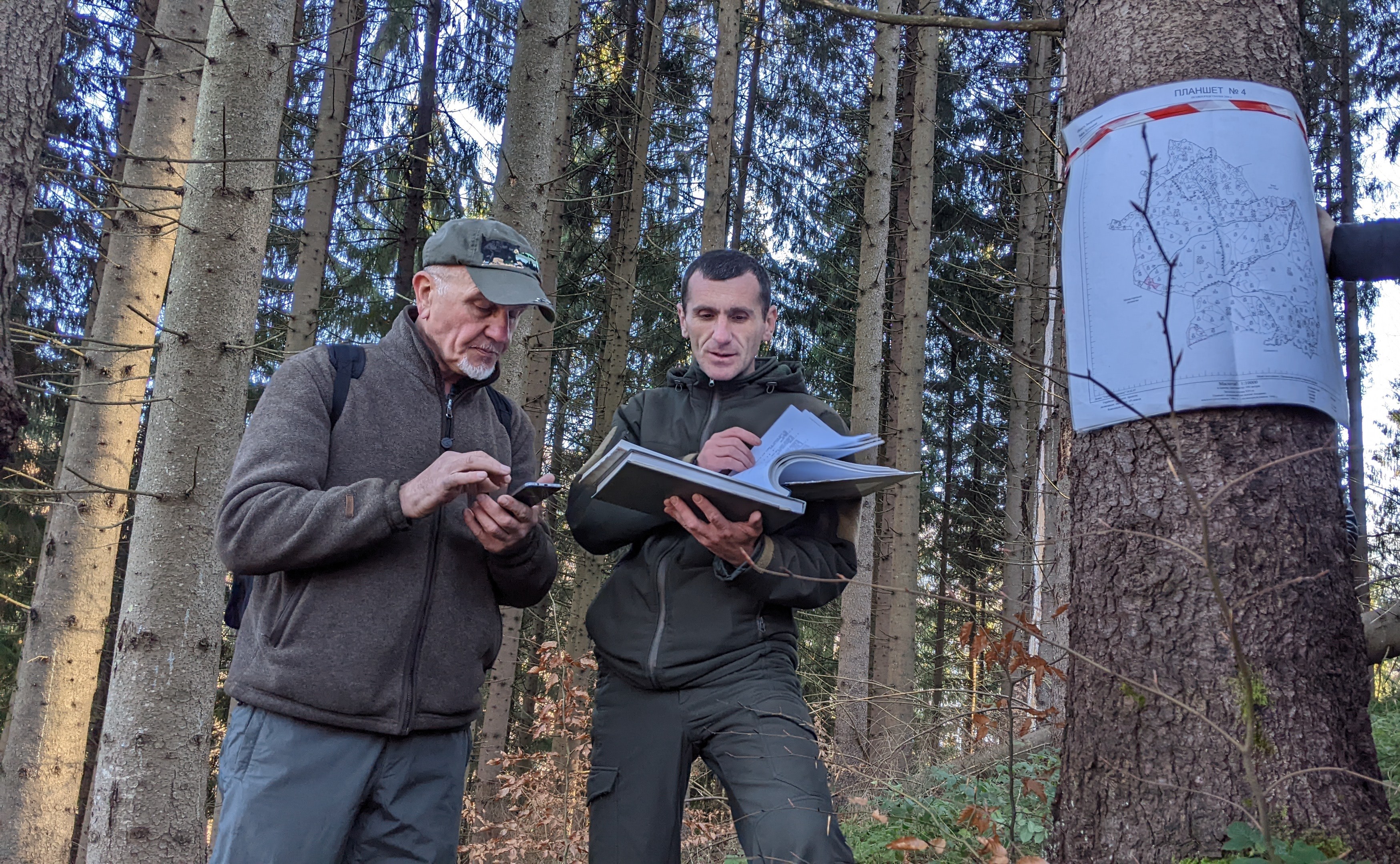WSL-FORZA: Forest related knowledge exchange
Building on 20 years of cooperation between Ukrainian and Swiss scientists, the overall project focuses on capacity building in forest-related topics in the phase 2021-2024. The proposed activities targeting at capacity building and complementary research aim at significantly improving teaching and research skills of lecturers in the education system and at supporting young academics through training activities, which increase their international competitiveness and qualify them for future international cooperation.
Various activities, such as the analysis of knowledge sharing systems (C1), workshops, summer schools, mentoring, research stays and embedded research projects (including R4) with an important capacity building component, work towards a more effective knowledge sharing and transformation.
This project is implemented with support of the Swiss Secretariat for Research, Education and Innovation (SBFI)and the Swiss Federal Research Institute WSL.
Forest-related Knowledge Sharing System in Ukraine (C1)
Aim: Create a deeper understanding of the main players in forest-related knowledge sharing in Ukraine. This includes a better comprehension of different roles, tools and practices, but equally of challenges and opportunities to improve knowledge transfer, exchange, sharing and other forms of knowledge integration. The outcome will be a report of about 20 pages.
Rationale: While we have gained, since 1999, an understanding of parts of the forest-related knowledge sharing system in Ukraine, we are lacking a good overview.
Definitions: Forest-related “knowledge” in the context of this project is primarily understood as “codified knowledge” that exists in an articulated form, can be recorded, transmitted and stored using information and communication technology; hence is not tied to a person. “Tactic knowledge”, i.e. knowledge that cannot be fully expressed in words and is tied to a person, will not be investigated in this activity.
“Forest-related” knowledge encompasses topics such as timber production, markets and sale, use of energy wood, forest ecosystems, non-timber forest products, forest management including strategies to cope with climate change impacts, as well as economic rationales, forest and energy policies impacting sustainable resource use. This project primarily targets at science-based knowledge and knowledge exchange/sharing between research and practice, including education and training of foresters (both directions).
Fostering transformation of forest-dependent communities (R4)
Aim: Enhancing the capacities of forest-dependent communities (FDC) in Ukraine's Carpathians to improve their economic and social situation by taking advantage or their forest and other natural resources in a sustainable manner.
Rationale: FDCs are guardians of the forests, responsible for sustainably managing natural resources and the creation of economic values.
Definitions: Forest-dependent communities use and depend on forest resources to an above-average extent. These resources may be wood for sale, subsistence (fire wood, construction) or processing (handcraft, industry), food such as berries, fungi or game, medicinal herbs, ecosystem services related to forests such as clean water (purification), recreation or protection against natural disasters (flooding, storms, avalanches, droughts). Forest-dependent communities include also those which need provisions so their forests are not damaged for example by waste disposal or clear-cutting.





